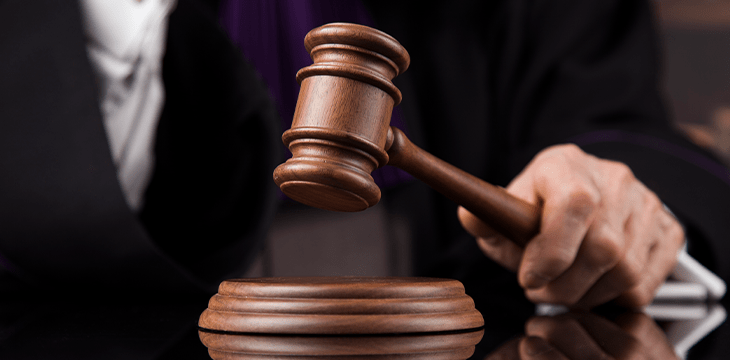|
Getting your Trinity Audio player ready...
|
A class-action lawsuit against the promoters of the BitConnect digital currency scam can proceed, a U.S. appeals court has ruled, overturning an earlier ruling that had thrown out the case. The court said that despite relying on online means to lure victims, the promoters had still violated securities laws.
Victims of the massive scam, which crashed in early 2018 after raking in billions of dollars, had sued promoters including Glenn Arcaro, Ryan Maasen, and Trevon’ BTCTre’ James for their role in defrauding them.
However, a court in the Southern District of Florida threw out the case. The presiding judge had sided with the defendants, who argued that they were not liable for securities fraud as they had targeted the victims through online mass communication platforms. These platforms weren’t included in the 1933 Securities Act.
As Law360 reports, the 11th Circuit Court of Appeals has overturned this decision and paved the way for the victims to continue pursuing compensation from the BitConnect promoters.
Judge Britt Grant said that while the Securities Act may not have included online mass communication mediums, neither the Act nor the appellate court’s precedent imposes such a limitation. The judge said that he believes as the scamming methods evolve, so should the law.
“Solicitation has long occurred through mass communications, and online videos are merely a new way of doing an old thing. Because the Securities Act provides no free pass for online solicitations, we reverse the district court’s dismissal of the section 12 claim,” he said.
Judge Grant said that the lower court’s interpretation of the Securities Act was “cramped, made little sense and contradicts the text of the law” as it implies that a person can be held liable for soliciting a security via a personal letter, but can walk away scot-free for doing the same via an Internet video.
“A new means of solicitation is not any less of a solicitation. So when the promoters urged people to buy BitConnect coins in online videos, they still solicited the purchases that followed. The plaintiffs therefore have stated a section 12 claim against Arcaro and the other promoters,” the judge added.
Follow CoinGeek’s Crypto Crime Cartel series, which delves into the stream of groups—a from BitMEX to Binance, Bitcoin.com, Blockstream, ShapeShift, Coinbase, Ripple, Ethereum, FTX and Tether—who have co-opted the digital asset revolution and turned the industry into a minefield for naïve (and even experienced) players in the market.

 02-07-2026
02-07-2026 




